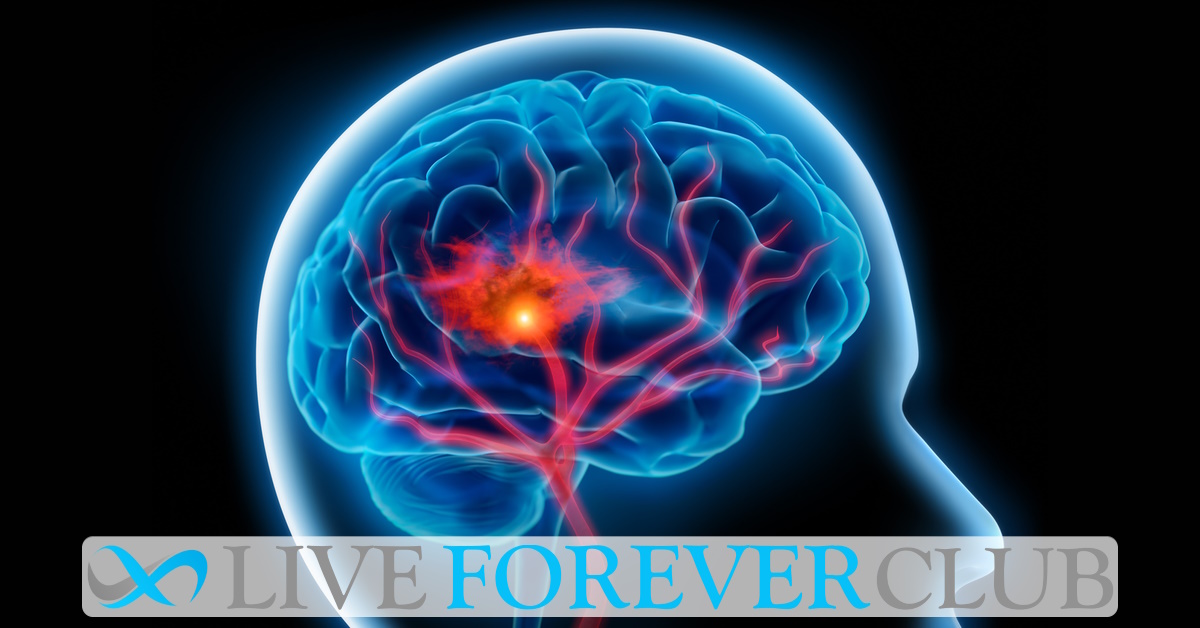Key points from article :
A team from the University of Aberdeen developed a new medical scanner, the Field Cycling Imager (FCI), designed to identify brain damage in stroke patients using low magnetic fields. The FCI is based on MRI technology but works at ultra-low magnetic fields, even weaker than a fridge magnet, which allows it to capture high-quality images of organs affected by diseases in ways that traditional MRI cannot. By adjusting the strength of the magnetic field during the scan, the FCI provides more detailed information than conventional MRI scans.
This technology could be particularly useful for diagnosing stroke patients quickly, even in ambulances, by providing early diagnosis and treatment. The scanner is also capable of detecting brain bleeds and changes in small blood vessels that could lead to dementia. In the study published in the journal Radiology, the team found that areas of the brain affected by stroke consistently show different signals under low magnetic field strengths compared to normal brain tissue.
The research was conducted by the University of Aberdeen in collaboration with the stroke team at Aberdeen Royal Infirmary. The development of this scanner is a result of over a decade of research and is a promising step toward creating portable, in-field diagnostic tools for stroke. The team plans to continue their work with the next iteration of the FCI, to be tested directly at the hospital.
Professor David Lurie, Emeritus Professor of Medical Physics at the University of Aberdeen, said: “It is fantastic that Field-Cycling Imaging, which the Aberdeen team has been developing for more than a decade, is now showing its value in the assessment of stroke.
“This work points the way forward for FCI, with benefits to patients and health services worldwide.”







